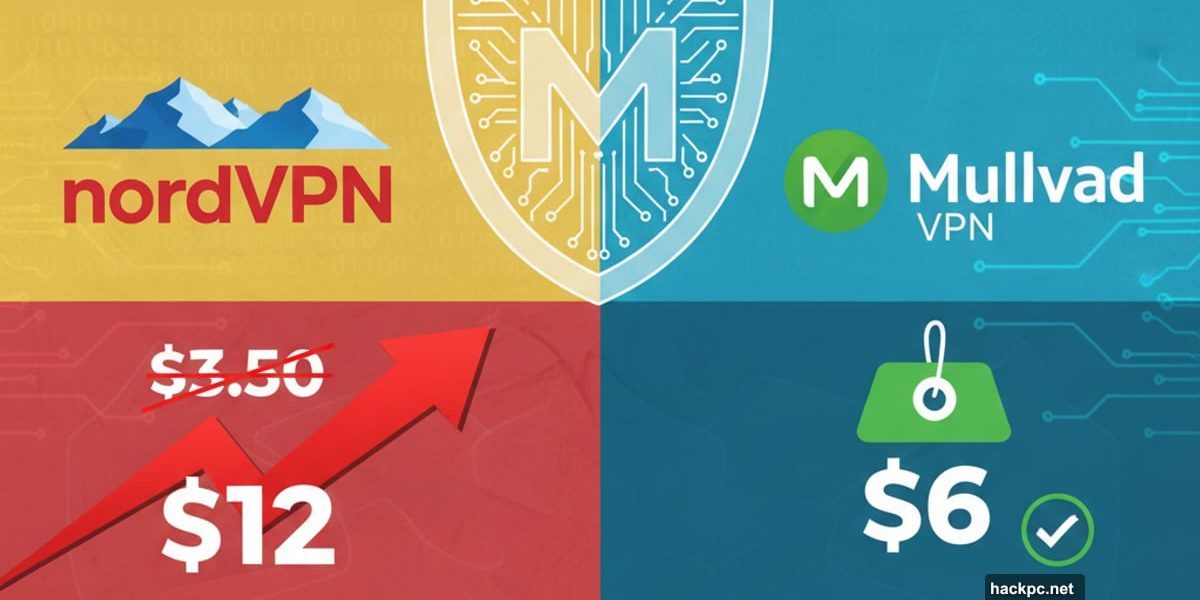
Two VPNs promise serious privacy protection. One costs pennies, stays honest about pricing. The other? Sneaks in price hikes that more than double your bill.
NordVPN and Mullvad both deliver solid privacy. But they serve completely different users. Nord works great for streaming Netflix abroad and casual browsing. Mullvad obsesses over privacy to the point where you don’t even need an email address to sign up.
Let’s break down which VPN actually fits your needs.
The Price Trap Nobody Warns You About
NordVPN’s introductory prices look fantastic. You’ll pay $83 for two years upfront. That’s roughly $3.50 monthly.
Then renewal hits. Suddenly you’re paying $140 annually. That’s nearly $12 monthly. The price more than triples after your initial term expires.
By contrast, Mullvad charges a flat 5 euro monthly. That’s about $6. No surprises. No price hikes. No monitoring your subscription to avoid getting gouged.
Here’s the math over five years. NordVPN costs $503 total if you let renewals happen automatically. Mullvad costs $360 for the same period. That’s $143 in savings just by choosing the provider that doesn’t play pricing games.
Nord Runs Circles Around Mullvad for Speed
NordVPN demolished every other VPN in speed testing. Its servers caused just 3% average download speed loss.
That matters for streaming 4K video or competitive online gaming. You keep nearly all your bandwidth. Plus, video calls on Zoom stay smooth without annoying lags.
Mullvad hit 24% average speed loss in testing. Not terrible. Most people with fast cable or fiber internet won’t notice the difference. But satellite internet users or folks with spotty 4G connections should stick with Nord to maintain usable speeds.
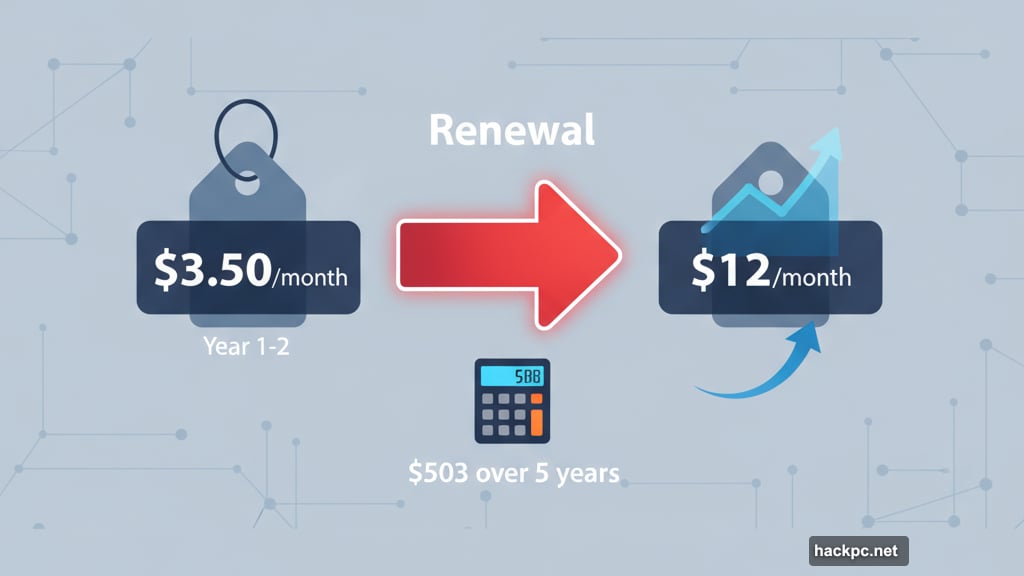
Both VPNs slow your internet somewhat. That’s the privacy trade-off. Your connection gets encrypted to hide your activity. However, Nord keeps speed loss minimal while Mullvad sits near the threshold where slowdowns become noticeable.
Streaming Netflix? Choose Nord Without Question
Want to watch BBC iPlayer from the US? Access Canadian Netflix while traveling abroad? NordVPN handles this effortlessly.
Testing confirmed Nord unblocks Netflix, Disney Plus, Hulu, HBO Max, BBC iPlayer, CBC Gem and dozens more streaming services. Its massive network spans 8,000-plus servers across 126 countries. So you’ll find connection options nearly anywhere you travel.
Mullvad struggles badly with streaming. It works for Netflix and HBO Max. That’s basically it. Most other services detect and block Mullvad connections. Plus, its tiny network covers just 712 servers in 49 countries.
Worse, Mullvad doesn’t offer apps for Apple TV or Amazon Fire TV. You can sideload the Android app onto Fire Sticks. But why deal with that hassle? Nord provides native apps for every major streaming device.
Mullvad Wins the Privacy Obsession Contest
Both VPNs deliver solid privacy basics. Strong encryption, audited no-logs policies, kill switches and split tunneling all come standard.
But Mullvad goes further. You don’t need an email address to register. Just generate an account number. Pay with cash or cryptocurrency if you want. That minimizes any personal data tied to your account.
NordVPN requires your name and email during signup. Sure, the company publishes transparency reports showing they rarely comply with data requests. Still, an email address exists in their system.
Here’s what makes Mullvad exceptional. Swedish law doesn’t require VPN providers to log user data. So even though Sweden sits in the 14 Eyes surveillance alliance, Mullvad operates safely under local regulations.
NordVPN operates from Panama, outside all surveillance alliances. That sounds better on paper. However, both jurisdictions work fine for practical privacy protection.
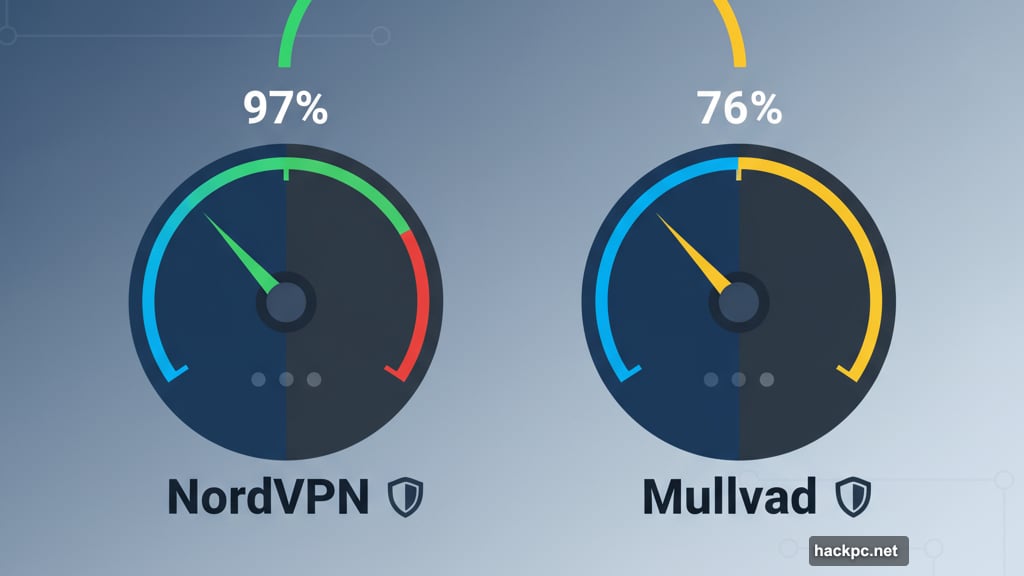
Both VPNs use RAM-only servers. Data wipes completely during each reboot. So even if authorities somehow seized servers, they’d find nothing useful.
The Features Gap Gets Interesting
NordVPN packs extra goodies into its base plan. Meshnet lets you connect devices virtually as though they shared the same WiFi network. Great for secure file sharing with remote coworkers or hosting virtual LAN parties.
Plus, Nord offers bundles. Roll VPN, password manager, anti-malware, cloud storage and identity theft protection into one package. Convenient if you want everything from one provider. Annoying if you later want to switch services.
Mullvad sticks to VPN basics. No bundles. No extra features. Just rock-solid privacy protection at a consistent price.
Both VPNs offer advanced privacy tools. Double VPN servers route your connection through two separate servers. That makes tracing your activity back to you significantly harder. Nord adds Onion over VPN servers that combine Tor routing with VPN encryption for even stronger anonymity.
Post-Quantum Protection Actually Matters
Quantum computers will eventually break today’s encryption standards. Both providers already defend against that future threat.
NordVPN and Mullvad implement post-quantum resistant encryption. So your current VPN usage stays protected even when quantum computing becomes practical.
Mullvad adds DAITA. That’s Defense Against AI-guided Traffic Analysis. The feature thwarts attempts by AI-powered tools to monitor your online activity patterns. Forward-thinking protection against emerging surveillance techniques.
Nord’s Apps Feel Modern, Mullvad’s Feel Dated
NordVPN’s apps look slick across Windows, Mac, iOS and Android. Everything renders cleanly in modern windows. Navigation feels intuitive. Finding settings takes minimal clicking.
Mullvad’s desktop apps feel clunky by comparison. The Windows version minimizes to system tray by default. That’s dated behavior. You can pop it out into a window, but the interface feels like a mobile app forced onto desktop.
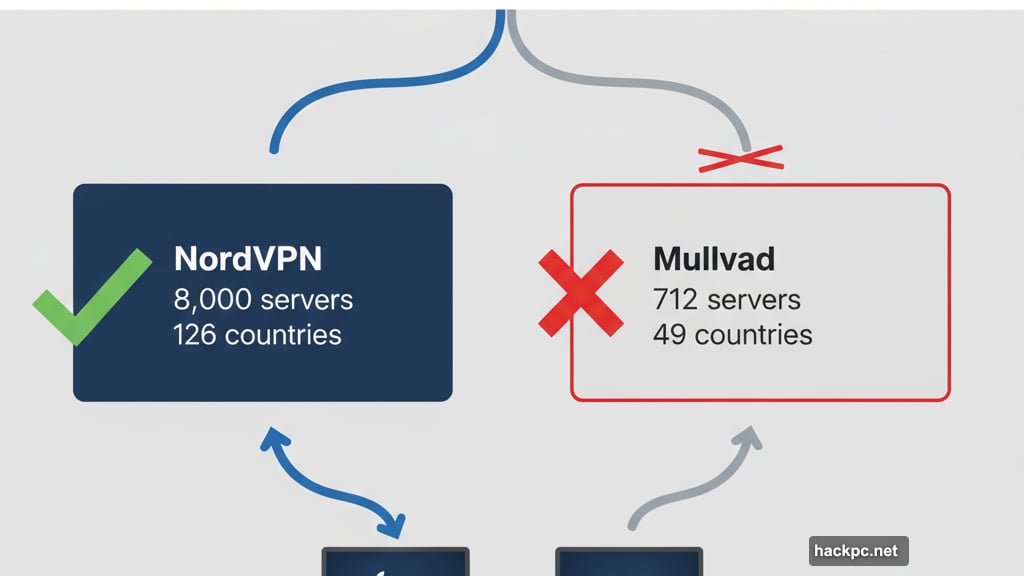
Mobile apps work better for Mullvad. Still, Nord maintains the polish advantage everywhere.
Both VPNs support Windows, Mac, Linux, Android, iOS, Android TV and routers. Nord adds Apple TV and Amazon Fire TV native apps. Mullvad requires sideloading for Fire devices and completely lacks Apple TV support.
Connection Limits Favor Nord for Families
NordVPN allows 10 simultaneous connections. That covers laptops, phones, tablets and smart TVs for most households.
Mullvad caps at 5 devices. Fine for individuals or couples. Families need to pick which devices stay connected.
Neither limit proves dealbreaking. However, more connections add convenience if you’ve got numerous devices or household members wanting VPN protection simultaneously.
Who Should Pick Which VPN
Choose NordVPN if you want versatility. It handles streaming, travel, casual browsing and serious privacy equally well. Just avoid the auto-renewal trap. Cancel and resubscribe yearly to maintain low pricing. Or stack subscriptions by buying another term before renewal hits.
Choose Mullvad if privacy ranks above everything else. You’ll save money long-term without monitoring your subscription. Perfect for political activists, journalists, lawyers or anyone who needs bulletproof anonymity. Just accept that streaming mostly won’t work and server options stay limited.
One middle option exists. Proton VPN delivers excellent privacy, decent streaming performance and a large international network. Plus, pricing stays reasonable without excessive hikes. Worth considering if you want streaming capability but prefer Mullvad’s honest pricing approach.
Your choice depends on priorities. Need streaming and travel support? Go Nord and manage the subscription carefully. Want maximum privacy at minimum cost? Mullvad wins easily. Either provider beats free VPNs that log and sell your data.
Pick the VPN that matches how you actually use the internet. Your privacy deserves better than settling for the wrong tool.
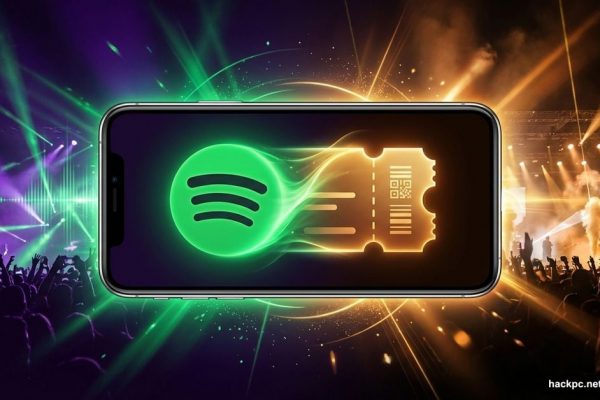
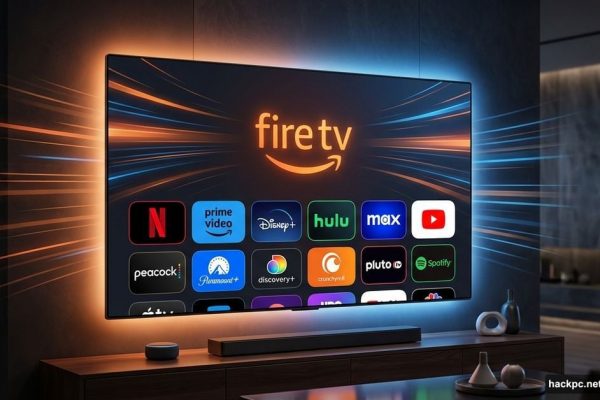

Comments (0)